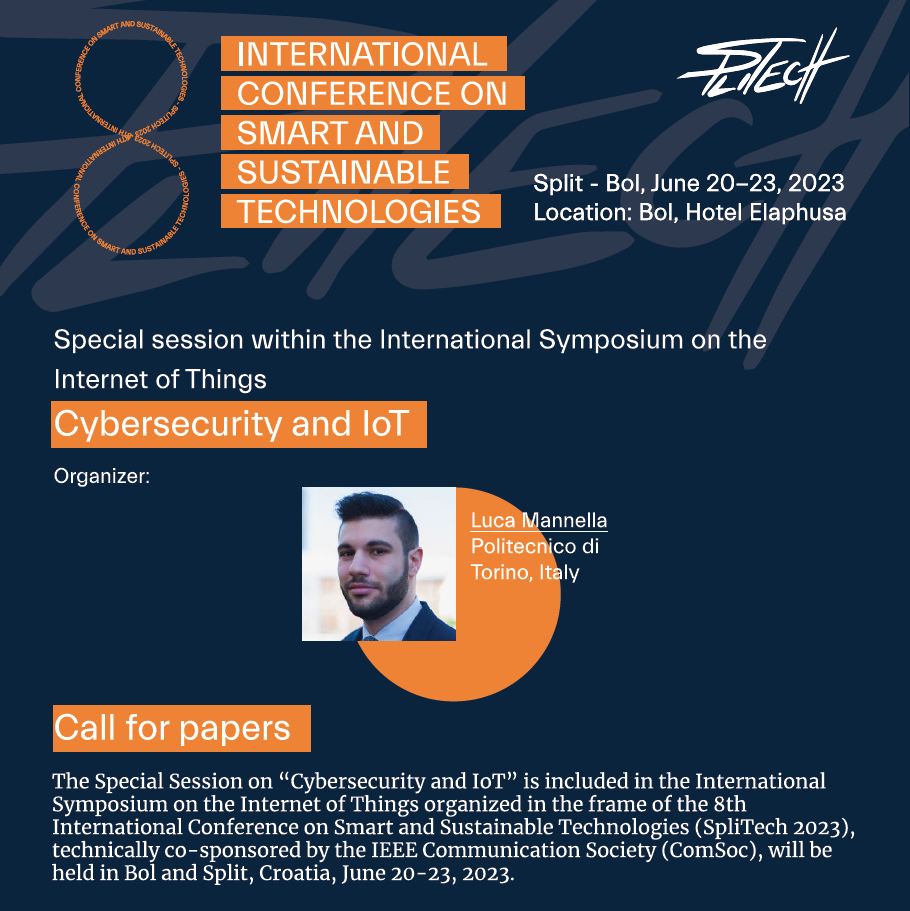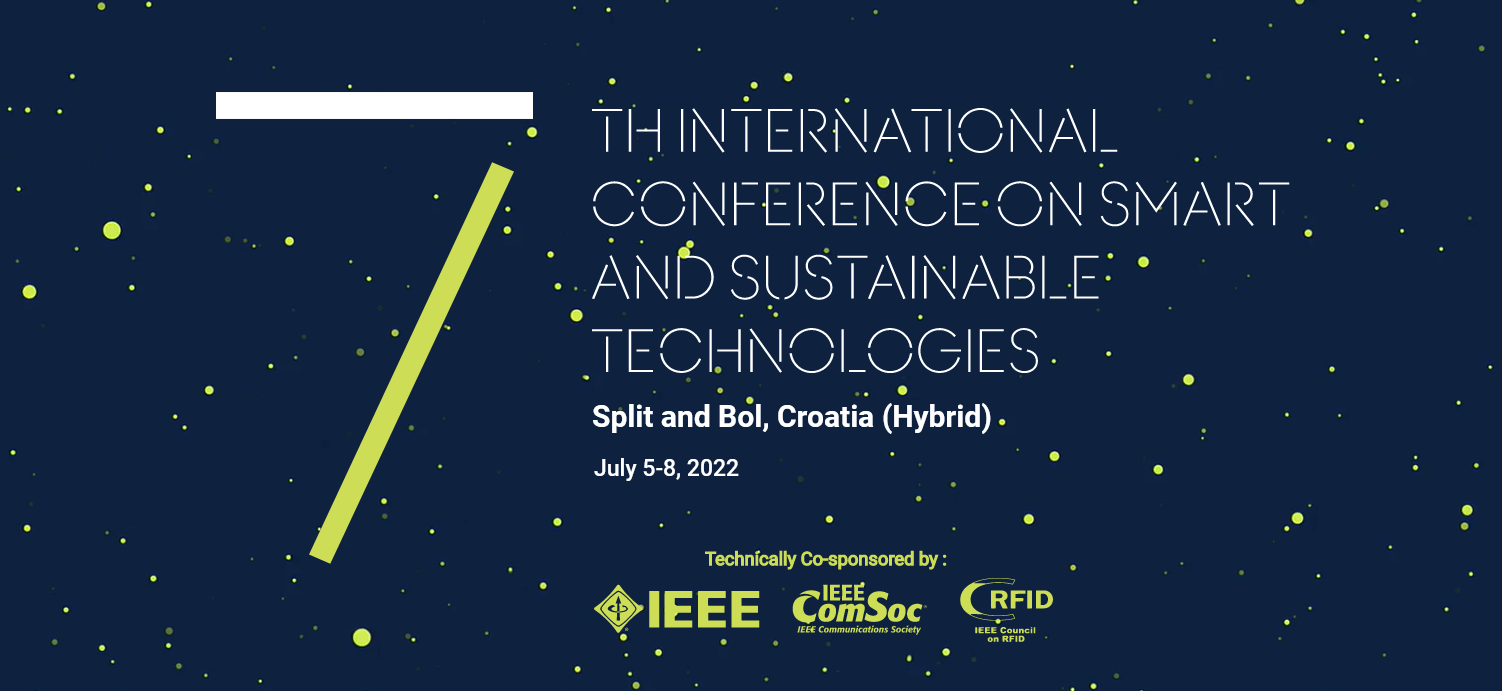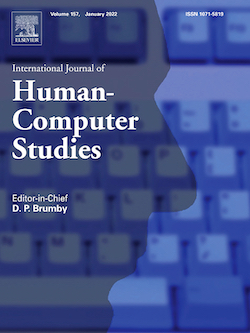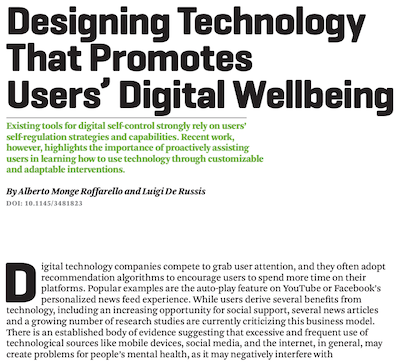- Details
The e-Lite research group is organizing a special session focused on Cybersecurity and the Internet of Things (IoT).
The poster of the special session, with all the relevant information, is available at the following link: https://2023.splitech.org/assets/SS%20Cybersecurity.pdf
This special session aims to explore cutting-edge advancements in cybersecurity as it pertains to the Internet of Things. Attendees will have the chance to engage in discussions and exchange ideas on the latest applications, design challenges, solutions, research findings, and ongoing work in this vital field of technology.
The special session on “Cybersecurity and IoT” will be part of the International Symposium on the Internet of Things organized in the frame of the 8th
International Conference on Smart and Sustainable Technologies (SpliTech 2023), technically co-sponsored by IEEE Communication Society (ComSoc).
The conference will be held in Bol and Split, Croatia, June 20-23, 2023.
Submissions are still open and extended to March 13, 2023, at the following link, by selecting the symposium ("SYM_IOT") and our special issue ("SS_CYBER").
https://www.edas.info/newPaper.php?c=30289&track=114859
- Details
Last week, from the 5th to the 8th of July, the e-Lite research group participated in the 7th International Conference on Smart and Sustainable Technologies (SpliTech 2022). The conference was held in Croatia, in Split, and in Bol (Brač island). According to the current COVID-19 pandemic, the conference was held in a hybrid form.
During this event, Luca Mannella presented a paper entitled: "A Threat Model for Extensible Smart Home Gateways".
This paper proposes a threat model for a specific class of components of IoT infrastructures: smart home gateways extensible through plug-ins. The purpose of the proposed model is twofold.
From one side, it helps to understand some possible issues that could be generated from a malicious or defective plug-in implementation and affect the gateway itself or other smart home devices. Consequently, the model could help programmers of gateway applications, plug-ins, and devices
think about possible countermeasures and develop more resilient solutions.
On the other side, the model could be regarded as a set of guidelines. Indeed, plug-in developers should not create plug-ins acting like the threats reported in the paper.
To provide a first validation of the model, the paper presents a use case based on Home Assistant, an open-source smart home gateway application.
- Details
The International Journal of Human Computer Studies (IJHCS) issued a special issue on the topic "Understanding Digital Wellbeing within Complex Technological Contexts".
Nowadays, there is a growing — yet debated — discussion around the negative aspects of overusing technology, with many people that feel conflicted about the amount of time they spend on their devices. In this context, researchers and practitioners have started to consider a new kind of psychological digital wellbeing, giving rise to the flourishing of digital self-control tools (DSCTs), i.e., external applications that support users in self-regulating their technology use through interventions like timers and lock-out mechanisms.
Currently, the digital wellbeing topic is nearly always contextualized to consider single technological sources at a time, with a prevalence of studies and DSCTs that focus on smartphones only. As many people nowadays own (and use) several devices, however, there is a need to better understand their complex and overlapping use (and non-use), and the relationships to other people’s digital wellbeing.
The purpose of this special issue is to provide the academic and industry research communities a venue for work at the state-of-the-art on digital wellbeing and DSCTs, with a particular focus on digital wellbeing within complex technological contexts.
- Details
La relazione tra pubblica amministrazione, fornitori di servizi, ed utilizzatori finali (cittadini ed operatori delle amministrazioni) è in profonda evoluzione, con una nuova attenzione rispetto alle esigenze dell'utente, anche attraverso le nuove tecnologie di interazione, erogazione ed intelligenza.
Il tema verrà affrontato nel seminario "Cittadini nel paese delle meraviglie - Servizi pubblici digitali, una rivoluzione tecnologica e di pensiero" promosso dal Comitato Tecnico Scientifico del CSI Piemonte, ed organizzato come evento (in presenza + on-line) nella mattinata del 2 dicembre 2021. L'intervento di apertura dell'evento sarà tenuto da Fulvio Corno, attuale presidente del Comitato Tecnico Scientifico.
- Details
Congratulations to Luigi De Russis, who has been appointed as an Adjunct Chair (AC) in the ACM SIGCHI Executive Committee.
He has been selected after an open call and will serve in the Executive Committee of the group, which is the premier international society for professionals and academics interested in Human-Computer Interaction (HCI). SIGCHI is, indeed, the ACM Special Interest Group on Computer-Human Interaction, and supports different conferences, journals, and other services that advance HCI through events and outreach.
In a blog post, SIGCHI President introduces six recently appointed adjunct chairs, including Luigi, and describes the selection process. To our knowledge, Luigi is the first member of Politecnico di Torino to join the committee.
- Details
The Fall 2021 issue of the ACM XRDS magazine is dedicated to the topic "Is Computing Toxic?". For that issue, Alberto and Luigi were entitled "Designing technology that promotes users' digital wellbeing". In the paper, they reflect on the current state of digital wellbeing and related technologies, strategies, and tools. Existing tools for digital wellbeing, indeed, strongly rely on users' self-regulation strategies and capabilities. Recent work, however, highlights the importance of proactively assisting users in learning how to use technology through customizable and adaptable interventions, which are further discussed in the paper.







